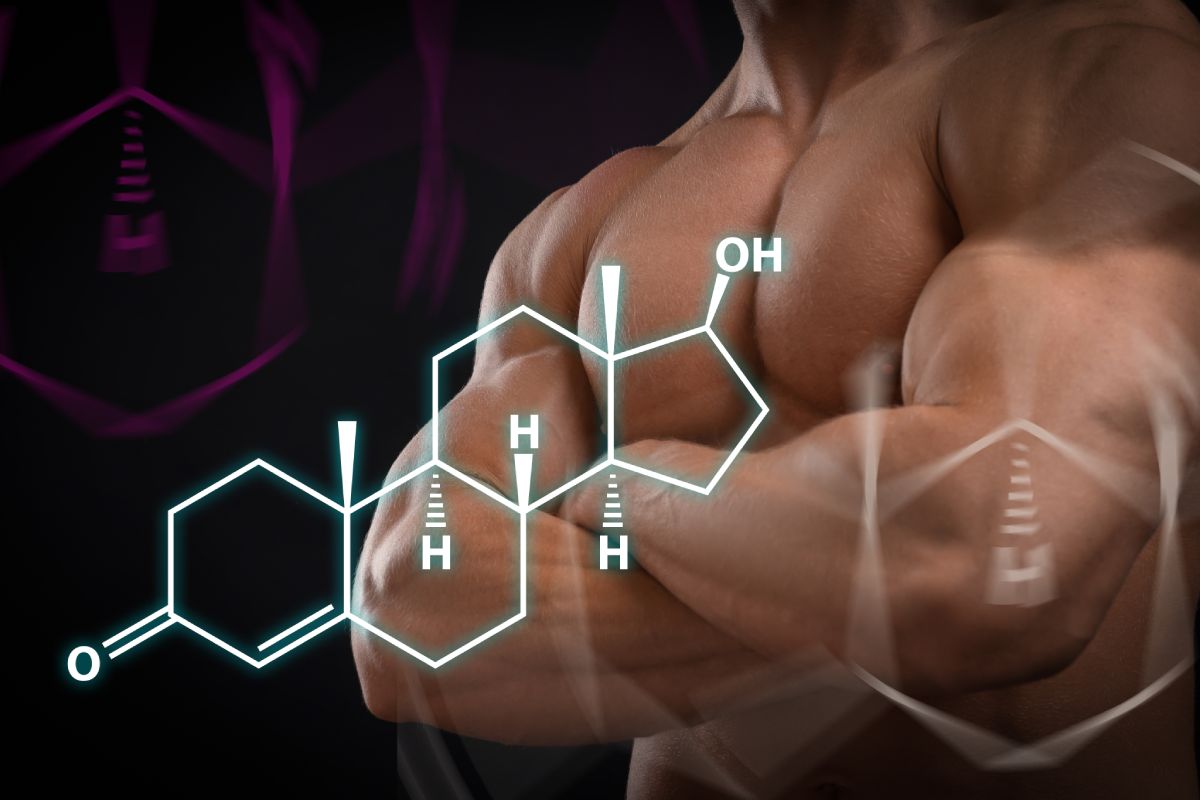The Role of a Low Testosterone Specialist in Improving Cognitive Function

A low testosterone specialist keeps testosterone levels within a normal range in order to promote cognitive function. While the hormone is primarily associated with physical well-being, its effect on brain function remains a growing area of study. Here is more information on how low testosterone levels can influence cognition, focusing on memory, attention, and mood-related cognitive functions:
Testosterone and Memory
Testosterone can influence both short-term and long-term memory, necessitating the expertise of a low testosterone specialist. Research shows that lower testosterone levels are linked to challenges with verbal and visual memory tasks. Individuals experiencing a decline in testosterone due to aging or medical conditions such as hypogonadism often report forgetting names or misplacing objects more frequently. This is particularly pronounced in older men, who naturally experience a gradual reduction in testosterone levels over time.
The hormone has been shown to interact with neurotransmitters and promote neuronal growth, processes that support memory retention. When testosterone levels drop below optimal levels, these processes slow, making it more difficult to retain and recall information. This connection highlights testosterone’s significant role in maintaining cognitive health alongside physical and emotional health.
Attention and Focus
Sustaining attention and maintaining focus can also be impacted by diminished testosterone levels, leading to reduced focus and attention. Testosterone contributes to cognitive flexibility, which involves the ability to shift focus between tasks or ideas effectively. Lower levels of this hormone may contribute to symptoms such as mental fatigue, reduced alertness, and difficulties concentrating on routine tasks.
Certain studies emphasize testosterone’s influence on executive function, a key set of skills that allow individuals to plan, organize, and execute tasks. Decreases in the hormone have been associated with slower cognitive processing speeds. It also contributes to diminished decision-making abilities and an increased likelihood of making errors in tasks requiring sustained focus. These symptoms can hinder workplace performance or day-to-day responsibilities, adding to the challenges of low testosterone beyond its physical effects.
Well-being and Cognitive Clarity
Testosterone also plays a significant role in regulating mood, which can indirectly influence cognitive clarity. Individuals with lower testosterone levels frequently experience symptoms such as irritability, anxiety, and depression. These emotional challenges can negatively affect cognitive performance, with patients often describing feelings of “brain fog” or a lack of mental sharpness.
Mood disorders connected to low testosterone levels can further amplify issues like reduced attention span and impaired memory. Testosterone deficiencies alter the balance of key brain chemicals linked to motivation and emotional health. This neurological imbalance can make previously simple cognitive tasks feel overwhelming or more difficult.
Find a Low Testosterone Specialist
Low testosterone not only affects physical health but also significantly impacts cognitive functions like memory, attention, and mood-driven mental clarity. Research highlights its role in maintaining verbal and visual memory, supporting focused attention, and regulating mood balance. Addressing testosterone deficiencies may improve these cognitive functions, offering individuals relief from symptoms such as forgetfulness, inattention, and mental fatigue. For individuals noticing consistent cognitive challenges that align with these patterns, talking to a healthcare provider about hormone evaluations may be beneficial.
- What to Expect When Visiting a Foot and Ankle Specialist
- Causes of PTSD
- The Link Between Plantar Fasciitis and Weight Gain: What You Need to Know
- How Pet Ownership Can Positively Impact Life with Fibromyalgia
- The Importance of Stretching and Flexibility in Sports Medicine
Dr. Emma Green is a health and wellness expert with over 10 years of experience in nutrition and fitness. Passionate about helping others live their healthiest lives, Dr. Green shares practical advice on wellness, nutrition, and sustainable living through LivingSpristine.






